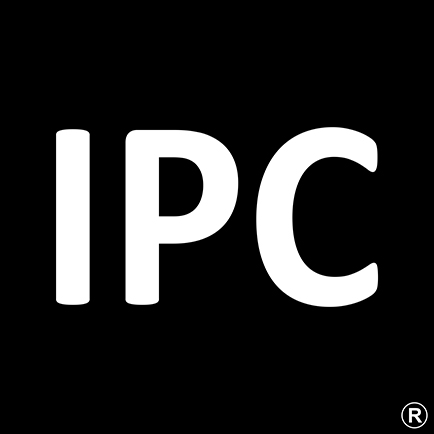PVC is one of the most versatile plastics in the world, with its adaptability stemming from how it’s formulated and processed.
Let’s take a look at some of the essentials of PVC compounds and processing, from what goes into them to how they’re shaped into final products.
PVC Compounds Explained
PVC compounds are made of a blend of raw PVC resin with a series of additives that improve the properties to make it more flexible, coloured, and durable and even add properties such as flame resistance.
Various additives, such as plasticisers, stabilisers, lubricants, fillers, pigments and impact modifiers, are used to modify PVC compounds, depending on the application.
Types of PVC Compounds
There are two primary categories of PVC compounds:
- Rigid PVC is generally used in construction and manufacturing. These types of compounds don’t contain plasticisers and offer much higher strength and weather resistance. You’ll commonly find rigid PVC in piping, window frames, and car parts.
- Flexible PVC, on the other hand, contains plasticisers to make it softer and more pliable. This makes it ideal for applications like cable insulation, footwear, and medical products.
Under these two general categories, the compounds can be further refined and tailored to perform in specific ways under specific conditions.
Processing Methods For PVC Compounds
There are various ways to process PVC compounds, depending on the product design and intended use case.
Extrusion is commonly used to make long, uniform shapes such as pipes or cables. This process involves the compound being melted and shaped through a die. It’s a fairly energy-efficient process that is good at making simple and repeatable profiles.
Injection moulding, on the other hand, is the method used for creating different shaped products and components, such as fittings, footwear, round seals, lawnmower wheels, and other commercial and industrial products.
Calendaring is another method used to produce things like sheets and flooring materials, while blow moulding sees hollow items, such as bottles, heated and then expanded under pressure.
Applications Across Industries
Because PVC is so versatile, it can be used in a wide range of industries. Construction, for example, uses PVC pipes, gutters, and window frames. In healthcare, flexible PVC is used in IV bags, blood bags, and tubing.
The automotive, electrical, and packaging sectors also rely on specialised PVC compounds to meet regulatory and performance standards.
Whatever your PVC compounds and processing needs might be, IPC can meet your demand. Contact us today to find out more about what we can offer you.


